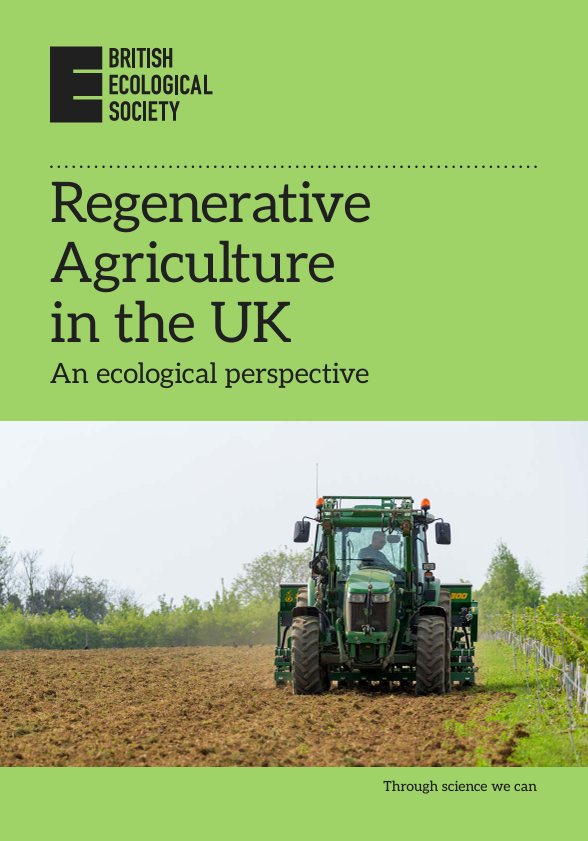With 70% of UK land used for farming — and serious declines in farmland wildlife and water quality — there’s growing interest in regenerative agriculture. This approach focuses on soil restoration and working in harmony with nature.
A new report from the British Ecological Society, Regenerative Agriculture in the UK: An Ecological Perspective, brings together experts and farmers to explore its potential. The findings show that regenerative practices can improve soil health and biodiversity, but success depends on adopting a whole-systems approach. While using isolated techniques helps, combining multiple practices delivers the greatest benefits. Encouragingly, the report emphasises that regenerative agriculture is accessible to all farmers, regardless of where they start.
Jed Soleiman, a DPhil student working with the ECI's Ecosystems programme and also the Leverhulme Centre for Nature Recovery is one of the 40 contributors to the report. He said:
It’s fantastic to see ecologists, farmers, policymakers and others come together to think about a future countryside that is lively and flourishing for both people and nature. What I find particularly exciting is how we highlight how regenerative agriculture is not an exclusive club for those already established in the space, but a journey that can be started at any point, requiring only the ambition to keep doing better over time.”
Read more on the findings of the report.
Read the BES report in full: Regenerative Agriculture in the UK - An ecological perspective

